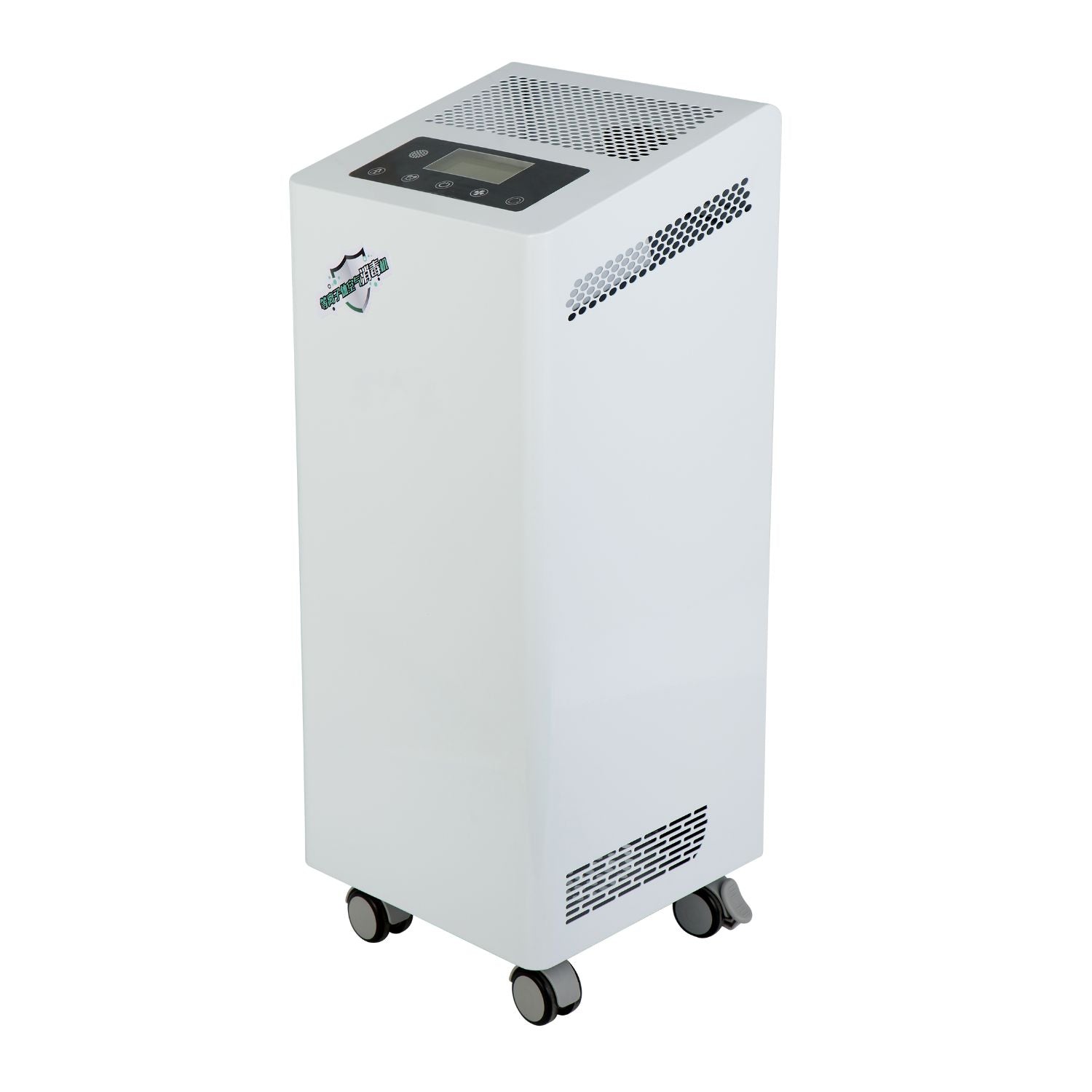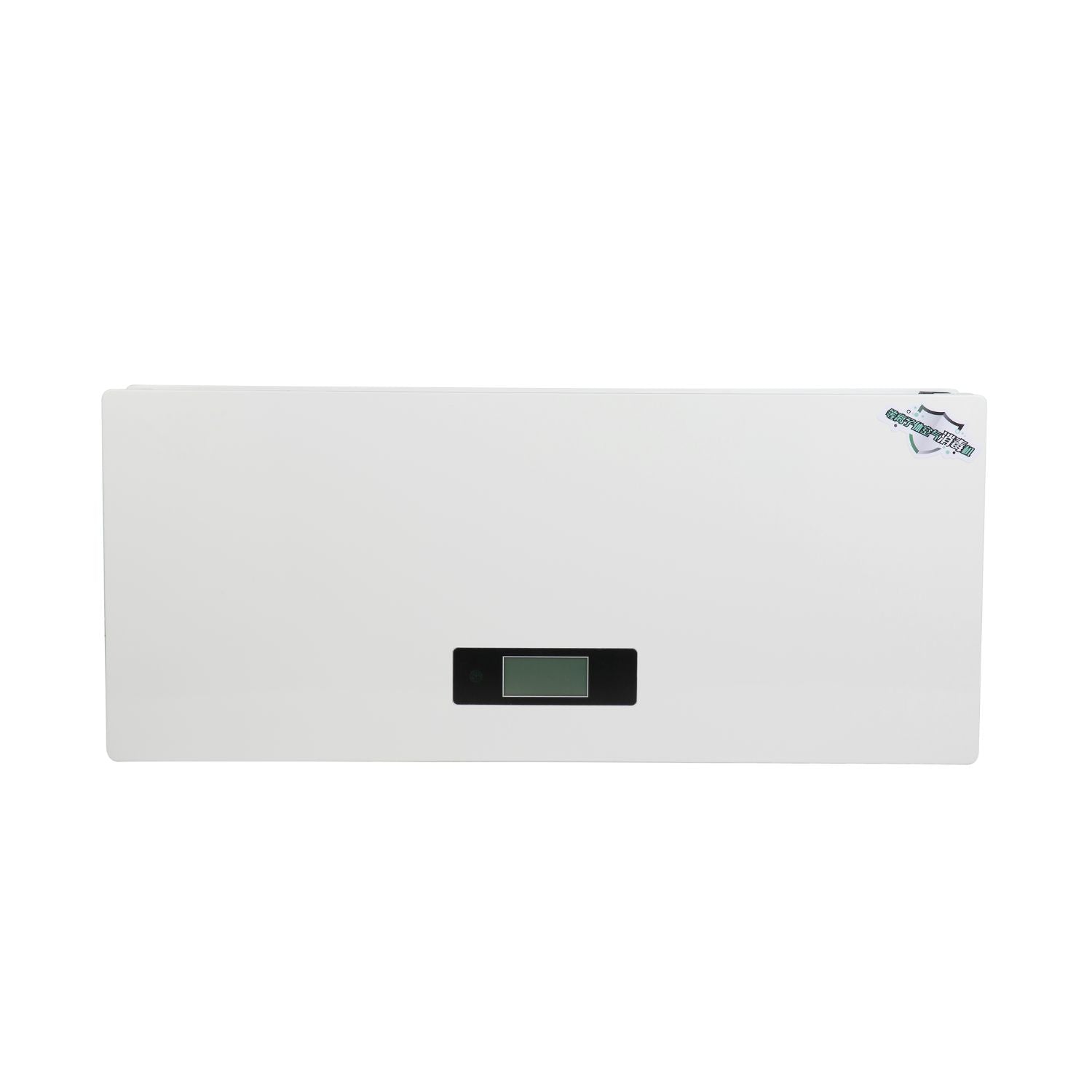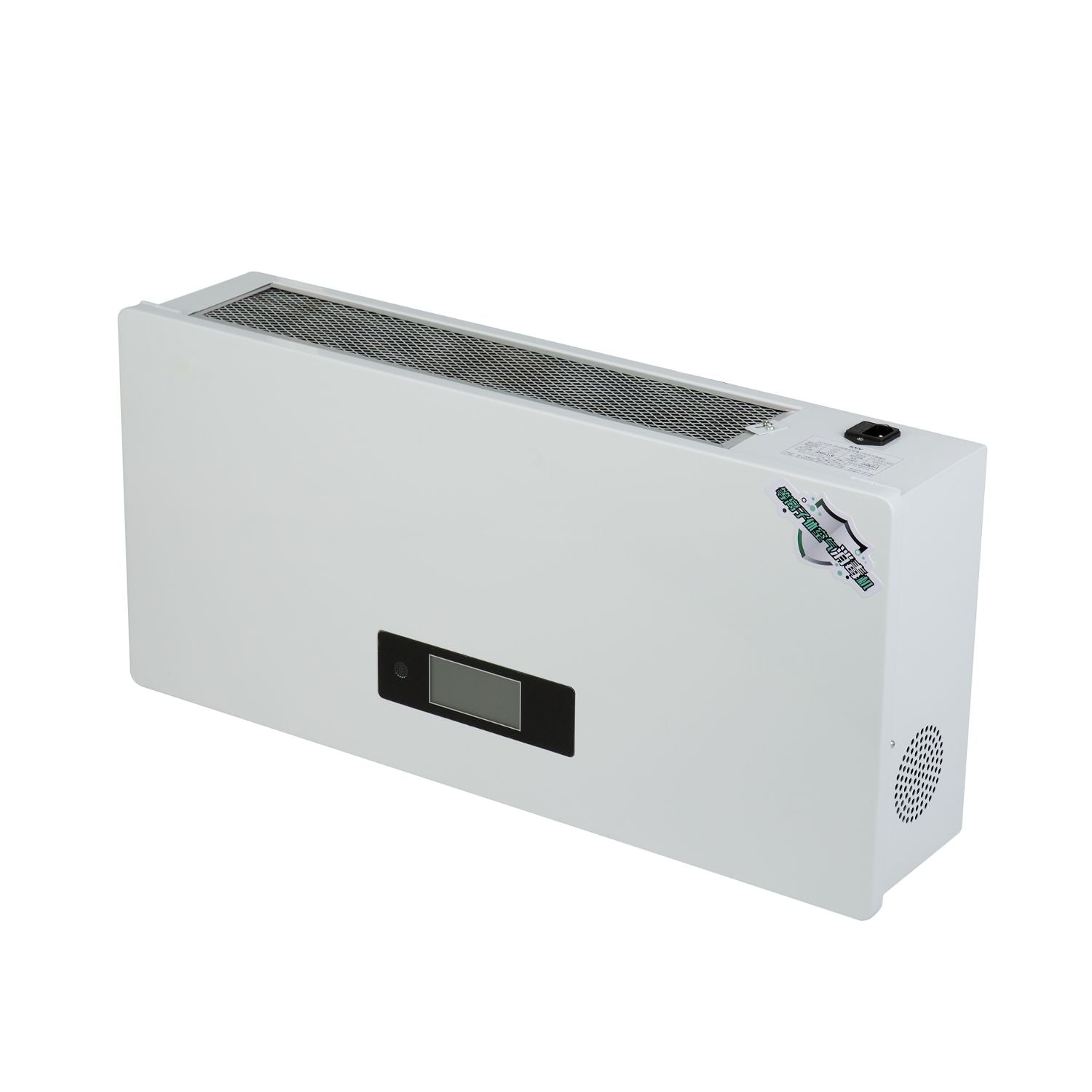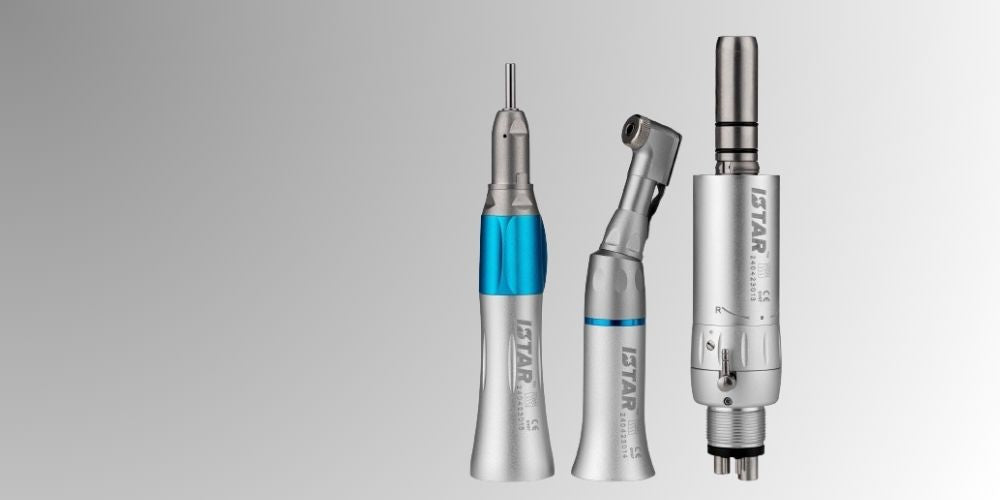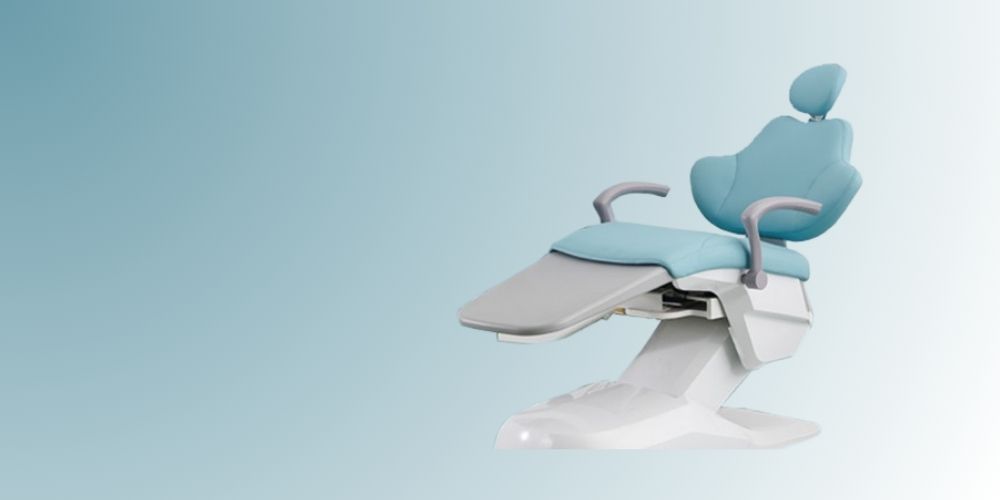
Istar Dental Supply
With FDA and CE international approvals, Istar's medical grade air purifier has your clinic covered!
Key Features

High Filtration Efficiency
Dental air purifier uses H13 HEPA filters, which are more thorough than regular HEPA filters. These filters capture 99.9% of airborne particles as small as 0.1 micrometers. They remove dust, pollen, mold spores, pet dander, and even small bacteria and viruses1.

Health Benefits
By removing harmful particles, medical grade air purifier improves indoor air quality. This can lead to various health benefits, including relieving asthma, reducing the risk of catching airborne diseases, and improving overall well-being2.

Safe Environment
Hospital grade air purifier is commonly used in hospitals, dental offices, and laboratories. Air filtration for dental offices creates a safer environment by eliminating contaminants such as viruses, bacteria, and allergens.

Quiet Operation
Dental office air filtration system is designed to run silently, making them suitable for use in bedrooms, offices, and other quiet spaces. You can enjoy cleaner air without any disruptive noise.
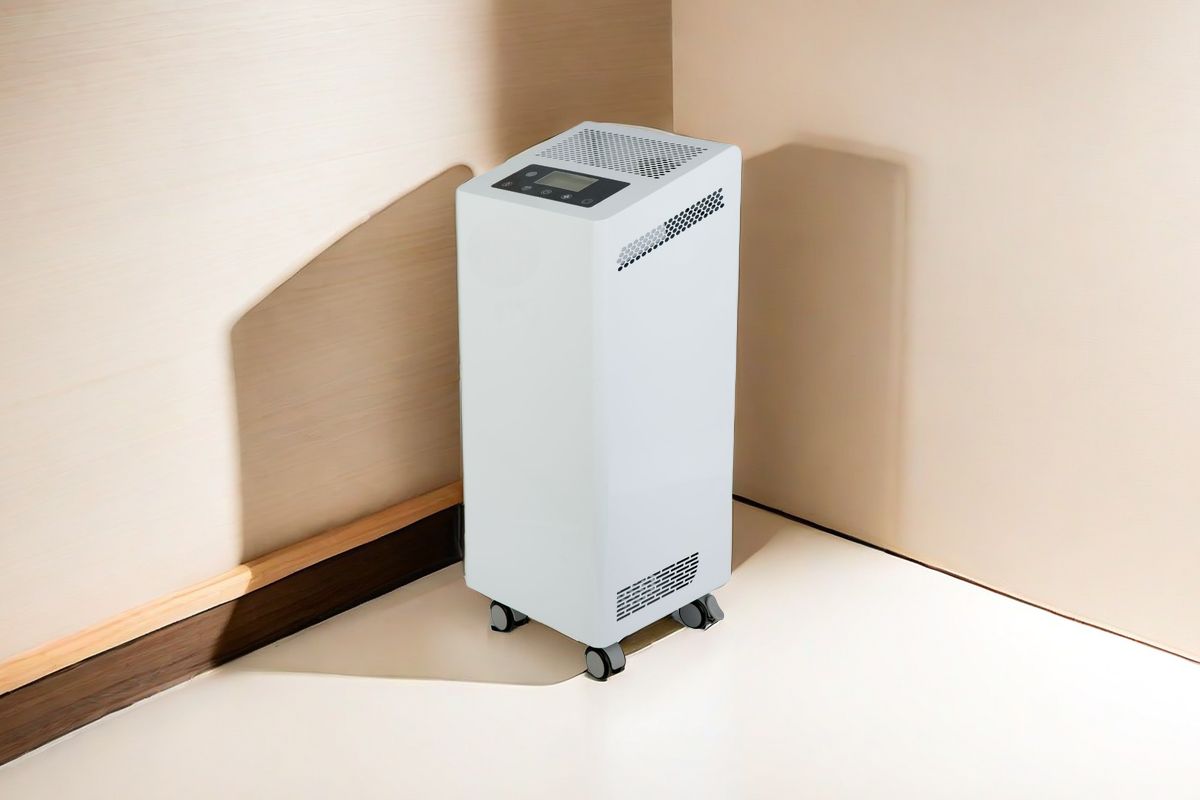
What is Medical Grade Air Purifier?
Medical air purifier is a device designed to clean and purify the air in medical environments such as hospitals, clinics, and dental offices.
It utilizes advanced filtration technologies to remove airborne contaminants, including bacteria, viruses, allergens, and particulate matter, ensuring a cleaner and healthier indoor air quality.
What is The Function of Dental Air Purifier?
The primary function of a medical grade air purifier for dental office is to improve indoor air quality by:
- Removing Harmful Particles: Eliminating airborne contaminants like dust, pollen, mold spores, bacteria, and viruses.
- Reducing Allergens: Lowering the concentration of allergens that can trigger respiratory issues and allergic reactions.
- Odor Control: Reducing unpleasant odors from medical treatments and chemical compounds.
- Preventing Cross-Contamination: Minimizing the risk of airborne transmission of infectious diseases within medical facilities.
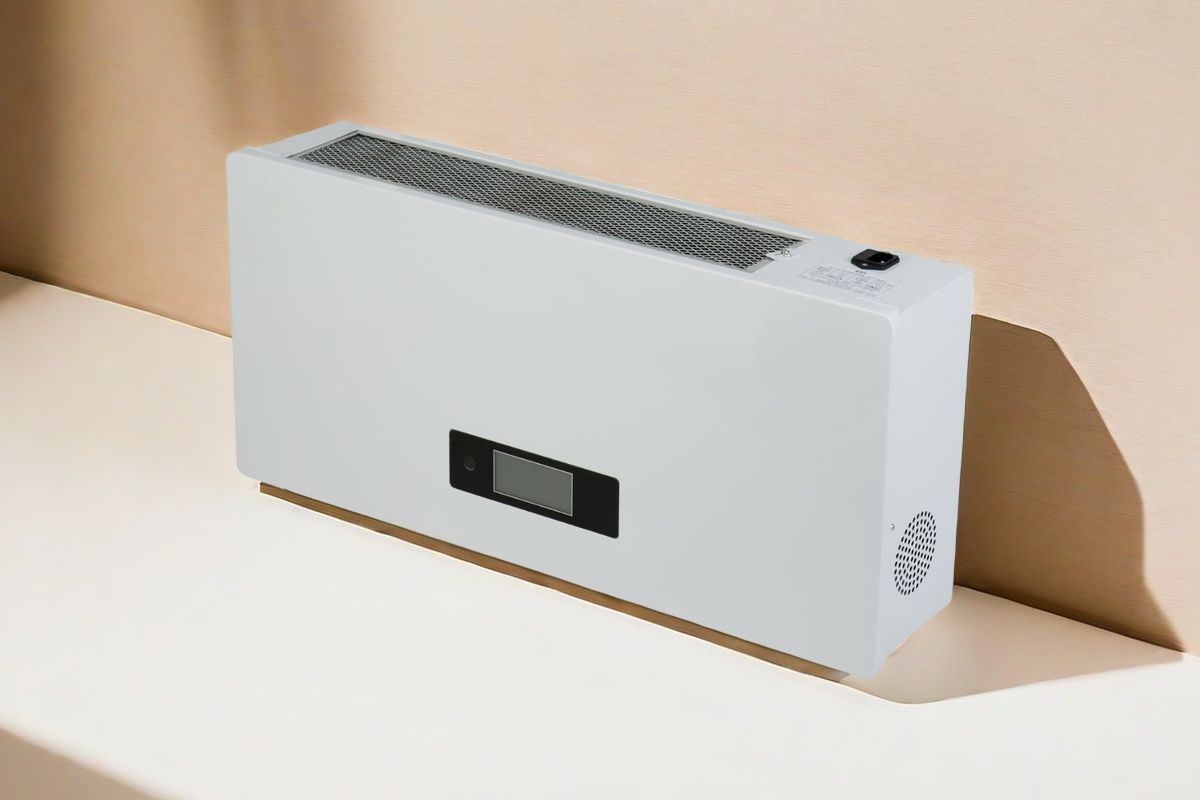
FAQ of Dental Air Purifier
Hospital grade air purifier typically operates through several stages of filtration:
- Pre-Filter: Captures larger particles like dust and hair.
- HEPA Filter: High-Efficiency Particulate Air (HEPA) filters trap 99.97% of particles as small as 0.3 microns, including bacteria and viruses.
- Activated Carbon Filter: Absorbs odors, chemicals, and gases.
- UV-C Light: Ultraviolet light kills or inactivates microorganisms like bacteria and viruses.
- Ionizer (optional): Releases negative ions to further reduce airborne particles.
While not every clinic may require a hospital air purifier, it is highly recommended for those prioritizing high standards of hygiene and patient safety.
Clinics that deal with immunocompromised patients, perform surgeries, or have high patient turnover can benefit significantly from the use of medical grade air purifiers.
- Dental Clinics(dental air purifier): To maintain a sterile environment and prevent the spread of airborne pathogens during procedures.
- Hospitals(hospital grade air purifier): In operating rooms, patient wards, and intensive care units to ensure a contaminant-free atmosphere.
- Laboratories: To provide clean air in environments where sterile conditions are crucial.
The price of medical grade air purifiers can vary based on the brand, size, and features. On average:
- Basic models: $300 - $500
- Mid-range models: $500 - $1,000
- High-end models: $1,000 and above
Prices can fluctuate depending on additional features such as advanced filtration technologies, coverage area, and smart functionalities.
There are many types of medical air purifiers. Common ones include UV air purifiers, plasma air purifiers, ozone air purifiers, etc.; higher-end hospital air purifiers may combine the above three purification principles.
Through these technologies, airborne microorganisms including bacteria, viruses and mold spores are eliminated or reduced.
Equipped with an air quality monitoring function, it can display the disinfection effect in real time, and also has additional functions such as deodorization and air purification.
Air purifiers with different principles work differently. By understanding the different types of dental air purifiers, you can choose the most appropriate option for your clinic.
Any question?
If we still haven't answered your question, you can contact us below and we will get back to you as soon as possible.

